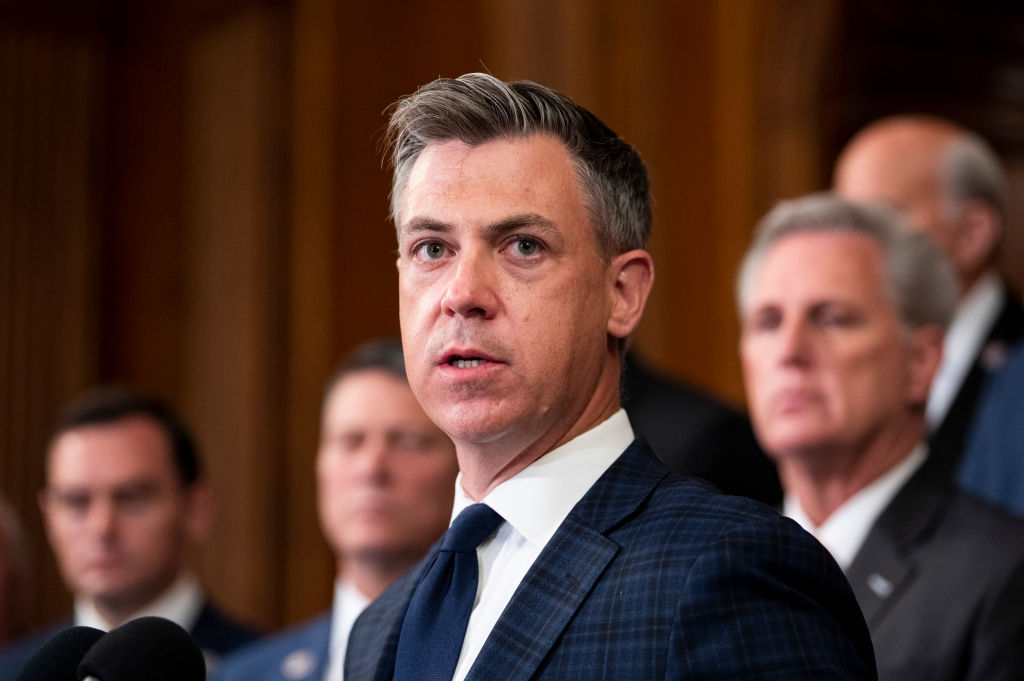Democrats Face a Gen Z Voter Turnout Problem

A recent focus group in Pennsylvania’s Lehigh Valley found many young voters are disengaged from state and congressional races ahead of the 2026 midterms — a warning sign for Democrats who have long relied on youth turnout.
The session, organized by Keep Our Republic, a nonpartisan group promoting trust in elections, gathered 17 voters between 18 and 25 years old. Most participants said they weren’t following upcoming local or national contests and felt disconnected from both major parties.
None described themselves as active Democrats, though several expressed progressive values. Many said they only pay attention to presidential elections.
“I personally don’t remember learning much about going out and voting for these specific elections, only the presidential election,” said Isabella, 20, an independent.
“There’s a huge wave of our generation who does not go out and vote in our local elections,” added Margaret, 23, a Democrat.
Some participants said they feel let down by both former President Joe Biden and current President Donald Trump, describing a lack of meaningful progress on campaign promises.
Mikayla, 20, a Democrat, said both had failed to deliver. Others expressed concern over political violence, the two-party system, and the negativity of social media.
“I completely stopped paying attention to social media,” said David, 22. “It’s either virtue signaling or intentionally inflammatory.”
The Lehigh Valley — which includes Allentown, Bethlehem and Easton — is considered a key swing region that could help determine control of the U.S. House in 2026. Democrats worry that low enthusiasm among younger voters could hand Republicans an advantage in close races.
In recent years, Gen Z voters helped fuel Democratic wins in 2018 and 2020, but participation appeared to decline in 2024. If that trend continues, strategists warn, the party could struggle to maintain momentum in key battleground states.
The participants described a generation shaped by instability — from the pandemic and economic uncertainty to the rise of artificial intelligence — and said they want leaders who focus on mental health, affordability, and free expression rather than partisan conflict.
As 2026 approaches, Democrats face the task of re-engaging a generation that feels increasingly disillusioned. Without a stronger connection to young voters, one of the party’s most reliable blocs may sit the next election out.

















